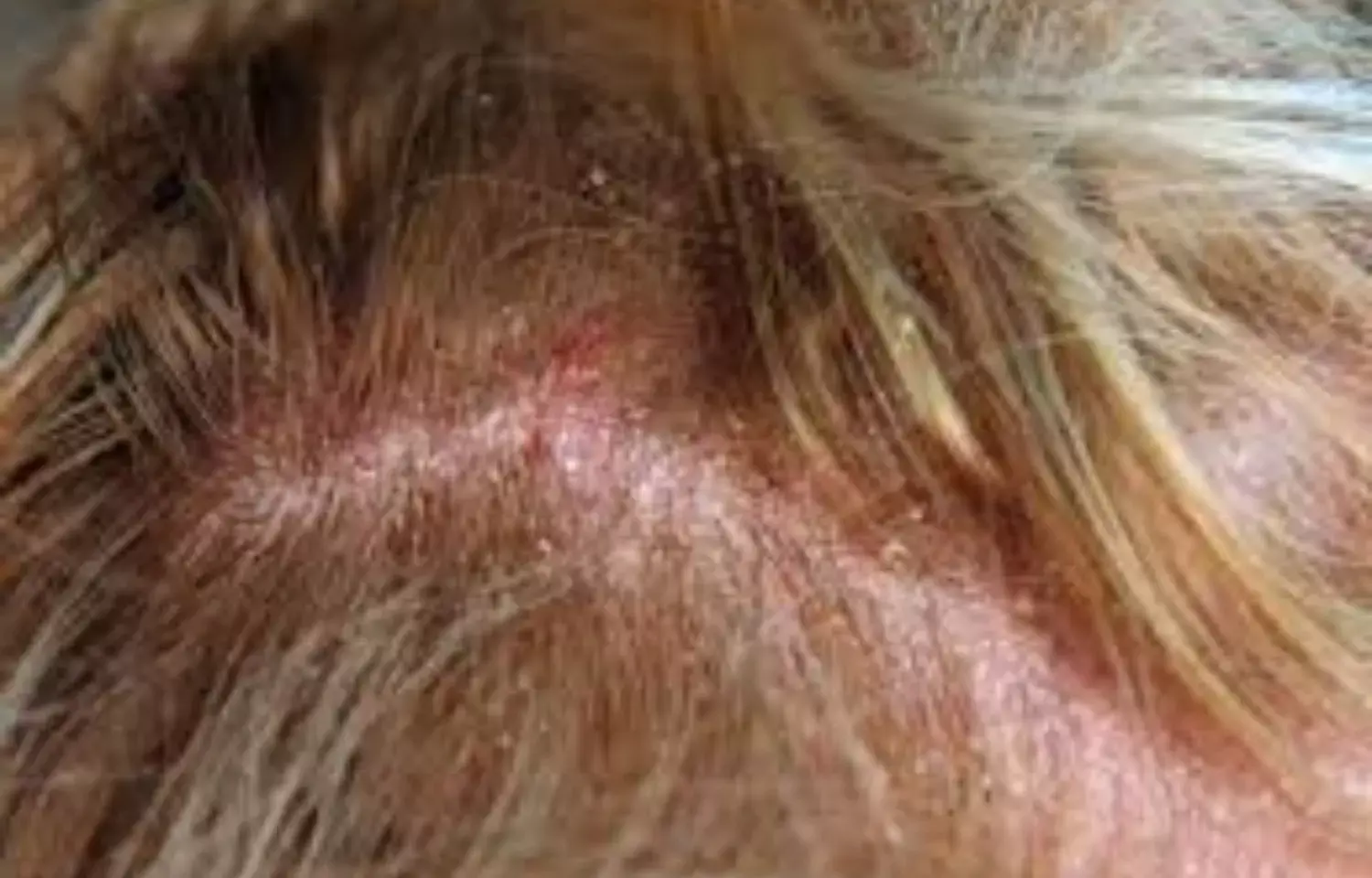- Home
- Medical news & Guidelines
- Anesthesiology
- Cardiology and CTVS
- Critical Care
- Dentistry
- Dermatology
- Diabetes and Endocrinology
- ENT
- Gastroenterology
- Medicine
- Nephrology
- Neurology
- Obstretics-Gynaecology
- Oncology
- Ophthalmology
- Orthopaedics
- Pediatrics-Neonatology
- Psychiatry
- Pulmonology
- Radiology
- Surgery
- Urology
- Laboratory Medicine
- Diet
- Nursing
- Paramedical
- Physiotherapy
- Health news
- Fact Check
- Bone Health Fact Check
- Brain Health Fact Check
- Cancer Related Fact Check
- Child Care Fact Check
- Dental and oral health fact check
- Diabetes and metabolic health fact check
- Diet and Nutrition Fact Check
- Eye and ENT Care Fact Check
- Fitness fact check
- Gut health fact check
- Heart health fact check
- Kidney health fact check
- Medical education fact check
- Men's health fact check
- Respiratory fact check
- Skin and hair care fact check
- Vaccine and Immunization fact check
- Women's health fact check
- AYUSH
- State News
- Andaman and Nicobar Islands
- Andhra Pradesh
- Arunachal Pradesh
- Assam
- Bihar
- Chandigarh
- Chattisgarh
- Dadra and Nagar Haveli
- Daman and Diu
- Delhi
- Goa
- Gujarat
- Haryana
- Himachal Pradesh
- Jammu & Kashmir
- Jharkhand
- Karnataka
- Kerala
- Ladakh
- Lakshadweep
- Madhya Pradesh
- Maharashtra
- Manipur
- Meghalaya
- Mizoram
- Nagaland
- Odisha
- Puducherry
- Punjab
- Rajasthan
- Sikkim
- Tamil Nadu
- Telangana
- Tripura
- Uttar Pradesh
- Uttrakhand
- West Bengal
- Medical Education
- Industry
Seborrheic dermatitis linked to metabolic syndrome, suggests study

Turkey: Seborrheic Dermatitis (SD) can be considered a marker of metabolic syndrome (MetS) and its presence should be examined in these patients, states a recent study in the Journal of Cosmetic Dermatology.
"The information can be helpful for the early diagnosis of a systemic disease complex with numerous complications. Also, MetS treatment can also improve SD lesions," Fadime Kılınç, Ankara City Hospital, Dermatology, Ankara, Turkey, and colleagues wrote in their study.
Seborrheic Dermatitis is a common, chronic inflammatory disease with relapses and remissions. Dr. Kılınç and colleagues, therefore, aimed to investigate the relationship between SD and MetS.
The study included 54 patients above the age of 18 years without known diabetes mellitus, hypertension, or coronary artery disease who were diagnosed clinically with SD and 47 healthy control. Body mass index (BMI) was calculated for all participants.
The examination of fasting blood sugar (FBG), complete blood count, total cholesterol, triglyceride (TG), low-density lipoprotein (LDL), and high-density lipoprotein (HDL) was done. The relationship between the presence of MetS, disease severity, and duration was investigated.
The average age of patients was 35.4 (sd: 12). The average age of the controls was 32.9 (sd: 10.7).
The findings of the study were as follows:
- MetS was detected in 35.2% (n=19) of the patient group and 10.6% (n=5) of the control group.
- The presence of MetS was higher in SD patients than in the control group.
- The rate of people with high TG was significantly higher in the SD group than in the controls.
- HDL level was significantly lower in the patient group.
- Systolic and diastolic blood pressure was high in patients.
"SD should be considered as a marker of MetS and the presence of MetS should be examined in this group of patients," the researchers wrote. "This can be helpful for the early diagnosis of a systemic disease complex with numerous complications. Also, MetS treatment can also improve SD lesions."
Reference:
Dr Kamal Kant Kohli-MBBS, DTCD- a chest specialist with more than 30 years of practice and a flair for writing clinical articles, Dr Kamal Kant Kohli joined Medical Dialogues as a Chief Editor of Medical News. Besides writing articles, as an editor, he proofreads and verifies all the medical content published on Medical Dialogues including those coming from journals, studies,medical conferences,guidelines etc. Email: drkohli@medicaldialogues.in. Contact no. 011-43720751


